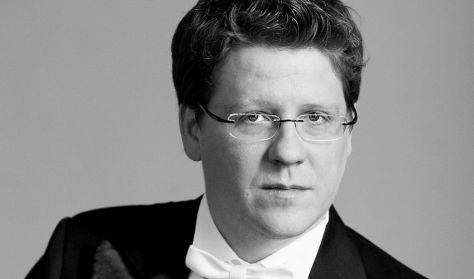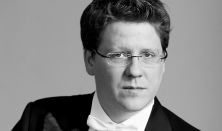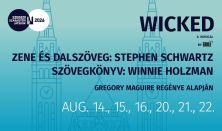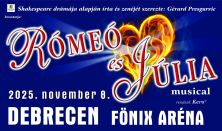There are at least as many varieties of people who experience the emotion as there are types of joy, which means the same music does not necessarily provoke the same feeling of joy for everyone. We are playing it safe: with our diverse musical selection, everyone is sure to find some melodies to suit them.
It is essential to know and dare to feel joy. In fact, amidst the monotonous repetition of everyday life, it is perhaps the most difficult task of all to uncover this endlessly positive emotion. It is worth reflecting for a moment on what brings us joy in the present day, what last brought a spontaneous smile to your face. When you last felt energies arising within you that could help you turn the whole world around. Your body almost records those moments when it feels joy, urging its 'owner' toexperience that pleasant, positive and spine-tingling feeling again and again. For many of us, culture itself is a source of joy: the importance of a good book, a great exhibition or a theatrical performance should not be underestimated when it comes to feeling joy. Of course, this concert also hopes to belong to that list of cultural events. It will feature lesser and more well-known melodies from numerous popular composers, while the opera singer Szilveszter Szélpál will use his explanations to bring context to the immortal sounds of joy.
Tchaikovsky: Children's Album for piano, Op. 38 - No. 8: Waltz, No. 10: Mazurka, No. 14: Polka
Tchaikovsky: The Nutcracker Suite, Op. 71a - March, The Trepak (Russian Dance), Waltz of the Flowers
Beethoven: Marmotte, Op. 52, No. 7
Mozart: The Marriage of Figaro, K. 492 - overture
Mozart: The Magic Flute, K. 620 - "Ein Mädchen oder Weibchen” (Papageno's aria, Act II)
J. Strauss: Tritsch-Tratsch-Polka, Op. 214
Beethoven: Symphony No. 5 in C minor ("Fate"), Op. 67 - fourth movement
Age: 10-14 year









